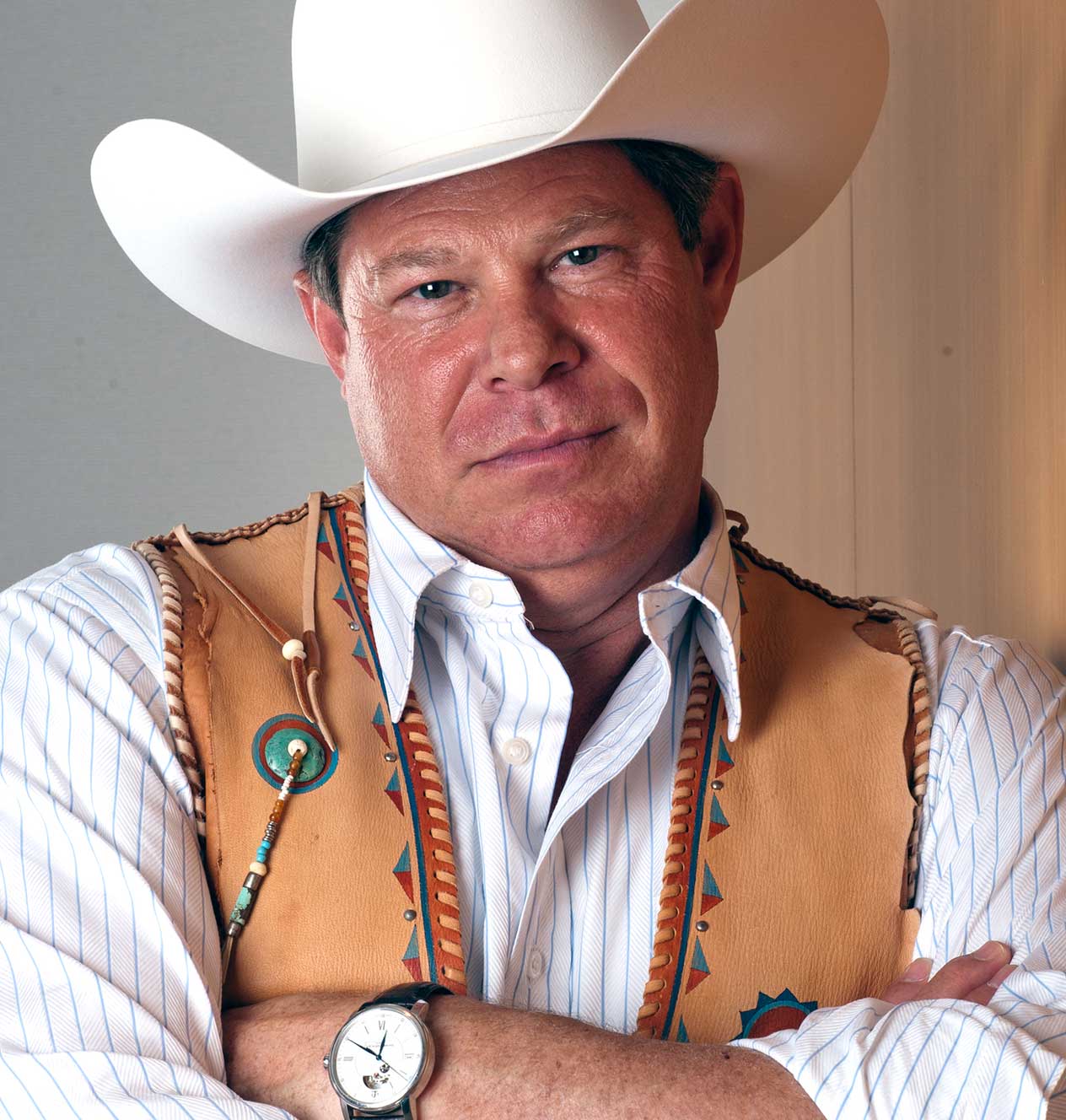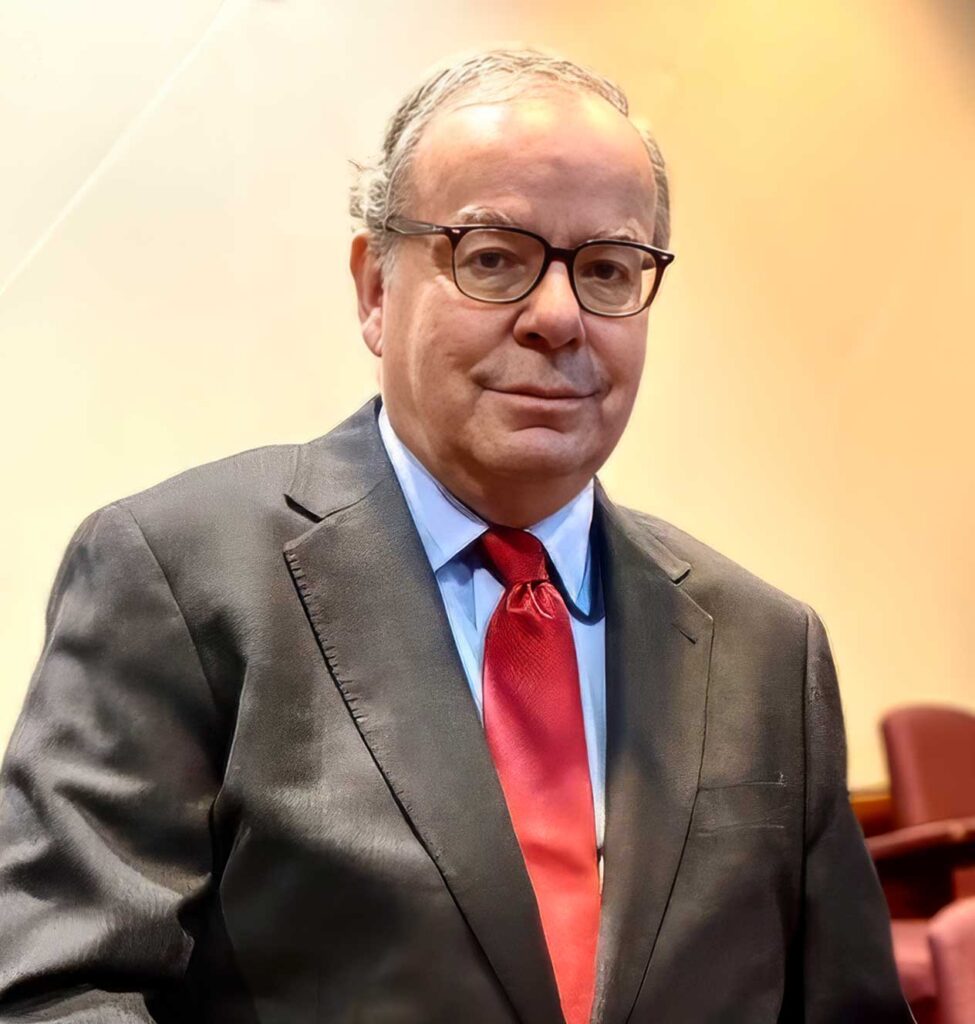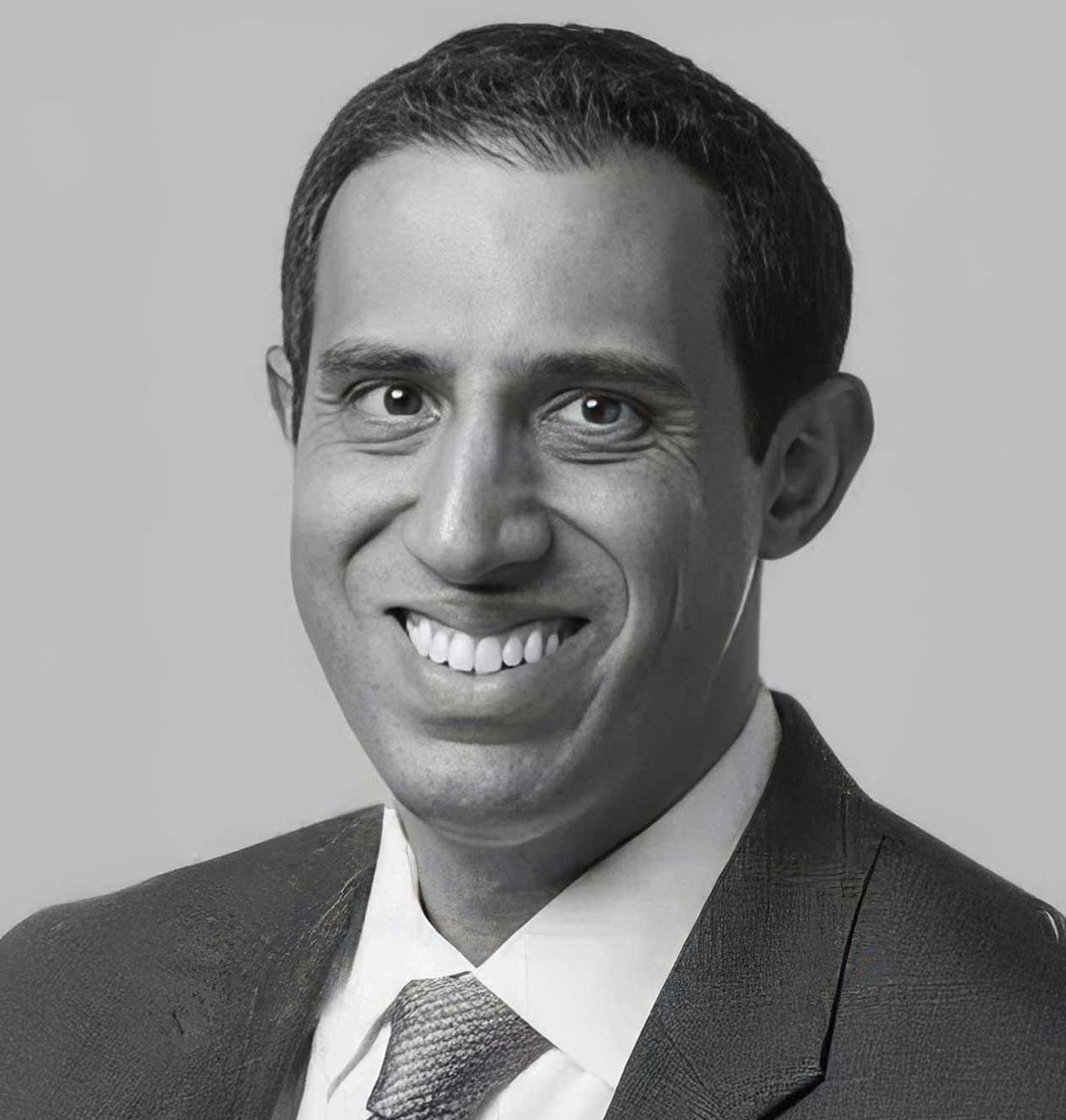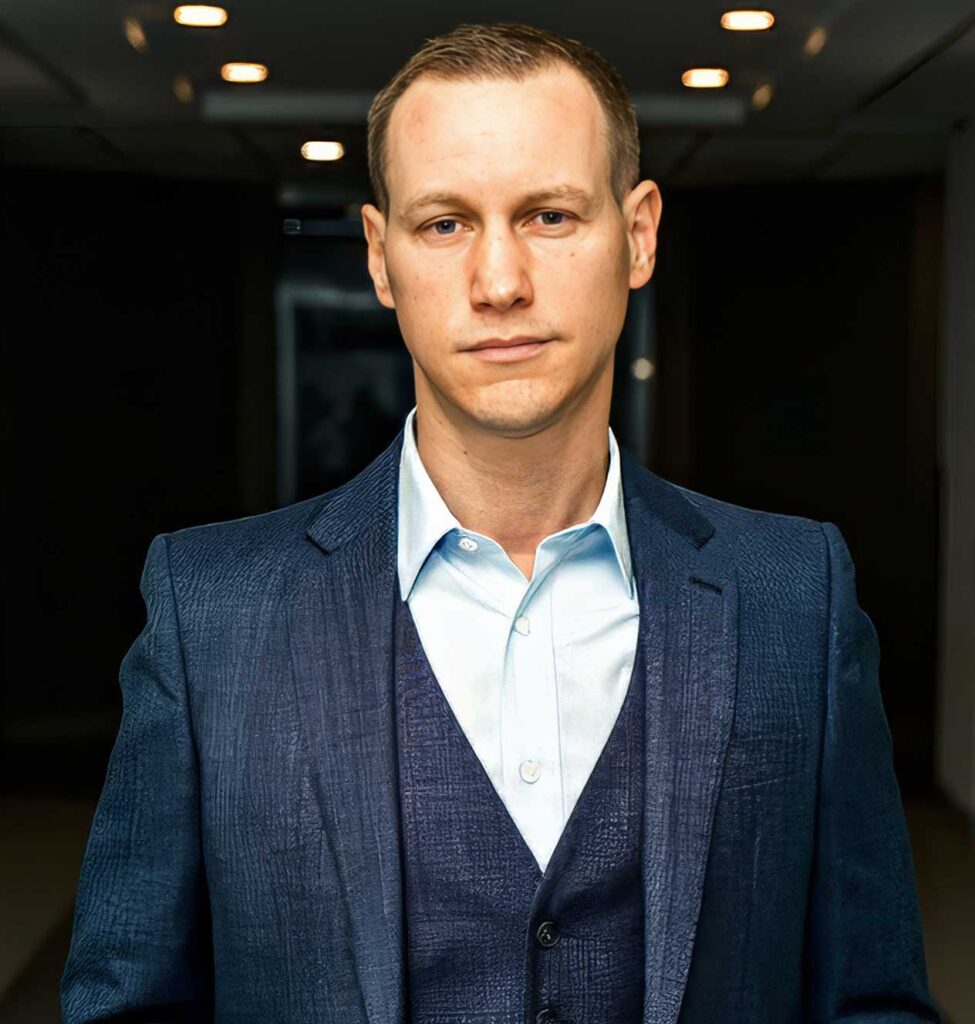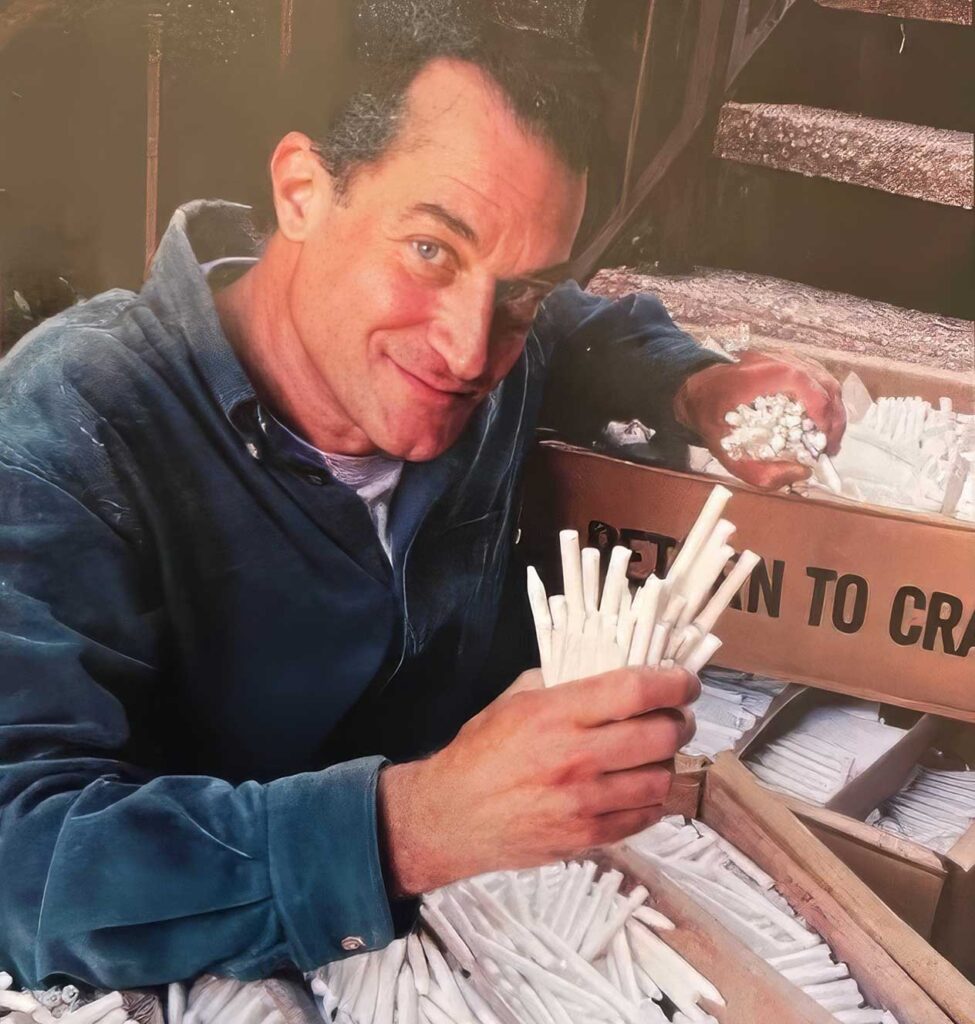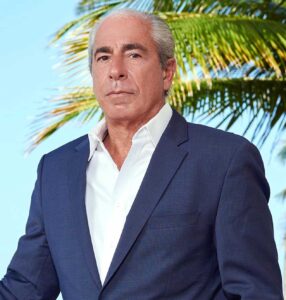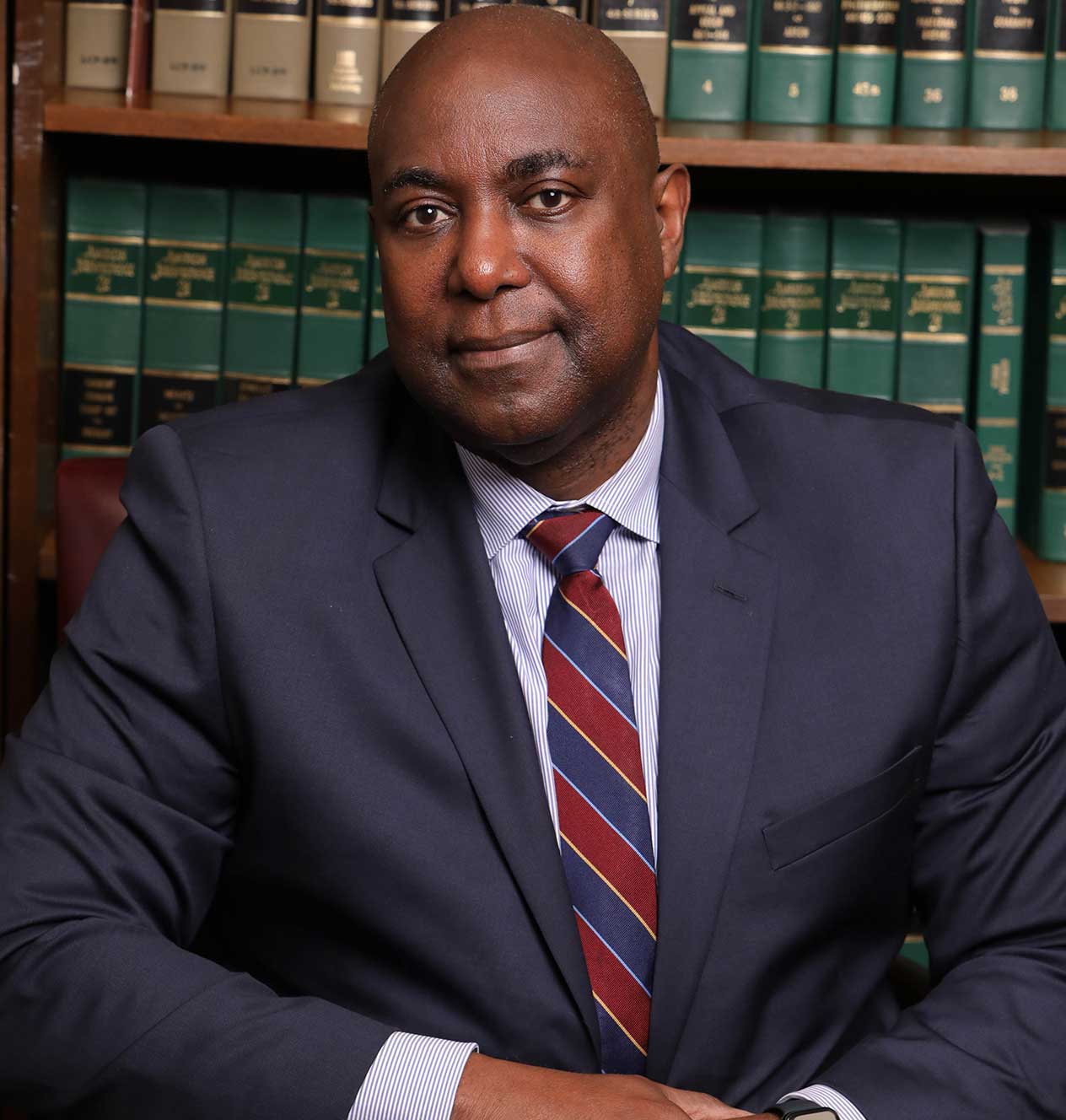I think civility, grace, but most of all integrity should drive our practice of law. Let’s start with civility. I am where I am because I had a good mentor. But before him, I had good parents who were kind and who were disciplined. As I said, my dad was a soldier, police officer, firefighter. He died at 90. My mom’s 94, 95. She was a nurse, Red Cross volunteer. Her name was Alberta. My father was Wendell. She was the director of a school for the blind. So we had to, as kids, go around the blind school and sometimes help lead them by the hand and take them home. And that was before the ADA, you know, that was before the consciousness of disabilities and being respectful to the disabled. People were very disrespectful to disabled when I grew up on the island. So I grew up in a home that had a high degree of social responsibility and service. When my wife jumps in front of me and says, “Hey, don’t you go and volunteer again. You’re volunteered out.” I remember, you know, I’m the son of my parents, you know, they served.
So civility comes from that because you’re more likely to be civil to your colleagues and before the court where you’ve been inculcated with that spirit. And I’m saying that to the young lawyers who believe that it’s all about jumping up and shouting and being ungracious and ungrateful and not shaking hands. I shake hands with most of my colleagues, win, lose or draw. Win, lose or draw, say, “Fine job, you know, we’ll be backing in, different day, different subject, right?” Don’t interrupt your colleague when they’re making an argument. Be gracious to the court, respectful to the court. It’s how we earn our living. We’re not each other’s enemies. We’re here trying to do a job. So civility is very important.
Grace is important. And I’ll give you a good example of that. So when I was a law clerk, you want to please your employer, right? So there’s a guy who, it’s a PI case. We’re doing work for USAA and you got to answer interrogatories within 30 days. And I’m looking at the clock, you know, and the 31st day he’s not answering. I ran up, I did a motion for sanctions, right? You can ask for sanctions. One of the sanctions, ultimate sanctions, precluding the plaintiff or the party on the other side from testifying. So I went up, you know, the judges knew the senior part of my office. You know, they knew me. I was coming there often. And it was the time of the first Iraq war. And the judge and I talked about the Iraq war. And he says, “When you got here, Gabe, I said, ‘Most of the sanctions, you know, this guy didn’t answer.’” He said, “When do I sign, Gabe?” And he signed. So when I got back to the office, I was very happy. You know, I’d done the great thing. I thought, and the junior partner, John Smallwood said, “Gabe, do you know what you’ve done? You’ve just had this guy commit malpractice. Call him and give him seven more days. One of these days, you’re gonna be a lawyer and you’re gonna do something. You’re gonna fall short. You’re gonna forget something and you’re gonna hope that the lawyer on the other side has grace.
It’s not about winning always. I called the guy, a little crestfallen. I gave him seven more days and he answered. But I learned something in that moment, that you have to have what you call professional courtesy at times. Not all times, but you know, you have to have that. And finally, you have to be a person of integrity. I remember one time there’s a pro se litigant in a family law case. We do a little family law and he’d filed something, the jacket, it was not yet electronic. The court jacket didn’t have his pleading. I had it. And I could have just remained silent and not said anything. And I examined my conscience and I said, “Your Honor, may I approach?” And I said, “Your Honor, what this guy is saying is true. I have the paper and for some reason, a plug, maybe it didn’t file it properly. I eventually prevailed because I just had the better facts on my side. And my client was upset. She said, “Why are you doing that Mr. Christian? You’re helping the other side.” I said, “No ma ‘am, I’m not helping the other side. I’m helping the cause of justice because I always believe in the old golden rule.” I know it sounds maybe kind of strange coming from a lawyer but it’s not just about winning.
It’s about how you win.
